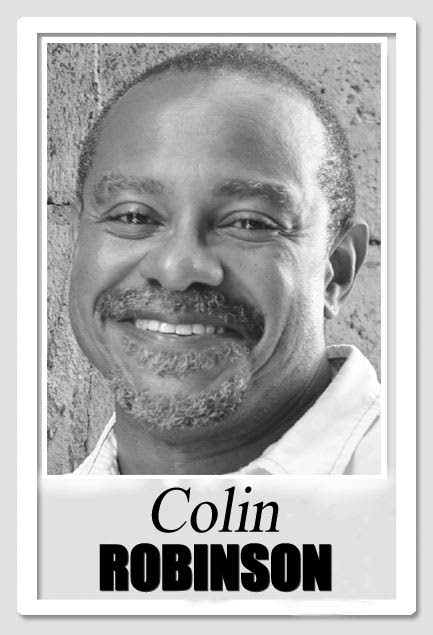Living history

It seems irresponsible this week to write about anything but covid19. But what is there of value to say?
There is no shortage of nits to be picked, but overall the Government has impressed me and several sceptics considerably in its management of the many facets of this public health crisis. So far, it seems the best performance they’ve put in on anything in the last four years.
My annoyance that the Prime Minister could not resist weaving into his parliamentary remarks on the epidemic his usual habit of, as one friend nailed it “forever buffing big people who vote them in,” quickly gave way to a special admiration for his weary bluntness with faith leaders: “Do not congregate. God is not going to save you from the virus.”
The Golden Grove remand yard prisoners’ riot broadcast on social media is a reminder of whose humanity gets forgotten in our disaster thinking.
Of how riotous the health injustices are in our detention facilities, how the hardships and uncertainty that covid calls on us to share are realities that unconvicted people languish with for years before trial. It is cause for reflection, not so much about why our facilities are so vulnerable to violence, but why we foster the social conditions for it.
There continues to be considerable finger wagging and hand wringing by authoritarian voices that reduce us to our irresponsibility. And political interests and too many on social media seem existentially unable to resist the urge to sow bacchanal. Even our five-day hiatus in murders has quickly ended.
Much of the public commentary I have read has sought to reveal some hitherto unhighlighted facet of doom. And we will not all share the economic “side effects” of the epidemic equally.
Nonetheless, it appears one of those magical times – as the opportunistic voices in the Opposition are discovering – when Trinbagonians come together with all our imperfections in a sense of shared nationhood. I hope I am right. Reading Mariano Browne’s offhanded comment, I too felt a clear confidence that “T&T’s citizens will do the right thing.” And a pride in that confidence.
It’s a moment to nurture optimism in our capacity for good, to believe in nation-building, to cooperate with well-meaning authority. But it is also a time to remain vigilant over how quickly that authority is overstepped.
It is also a time in which to contemplate our place in history, with a sense of wonder. And, for those of us who are called to write – whether fiction, spoken word, or social analysis – to chronicle the moment. I recall “the war” of the 1940s from my mother’s storytelling about rationing and uncertainty. Many of us have our own stories in which we recall our roles around pivotal moments in history, “where we were when,” what we were doing during the marches, military mutiny and curfews of the Black Power revolution, how we got home on the day of the coup, who was the DJ at the state of emergency party. Take time to capture and craft those memories.
This is a time like no other.
Pivotal moments like this one can also set us on a different course through history, throw us off a treadmill, obstruct the path to hell. Things we could not imagine changing now can.
I hope we will seize the moment for all of these. To savour that sense of mutual destiny and better puzzle through how we can all get back here sooner. To reflect on how unimagined this moment was just a month ago, to record its particularity, and to pin down our place in it. But most of all, to reimagine different futures than the ones we had assumed before now that we had been dealt.
I may be entirely rosy-eyed in all of this. But that is precisely my role today. And until the nation appoints someone as its calypsonian laureate to lead this vital work – and maybe that will yet happen as another forward-thinking covid19 measure – it seems to me to be the awkward mandate of the opinion columnist.


Comments
"Living history"